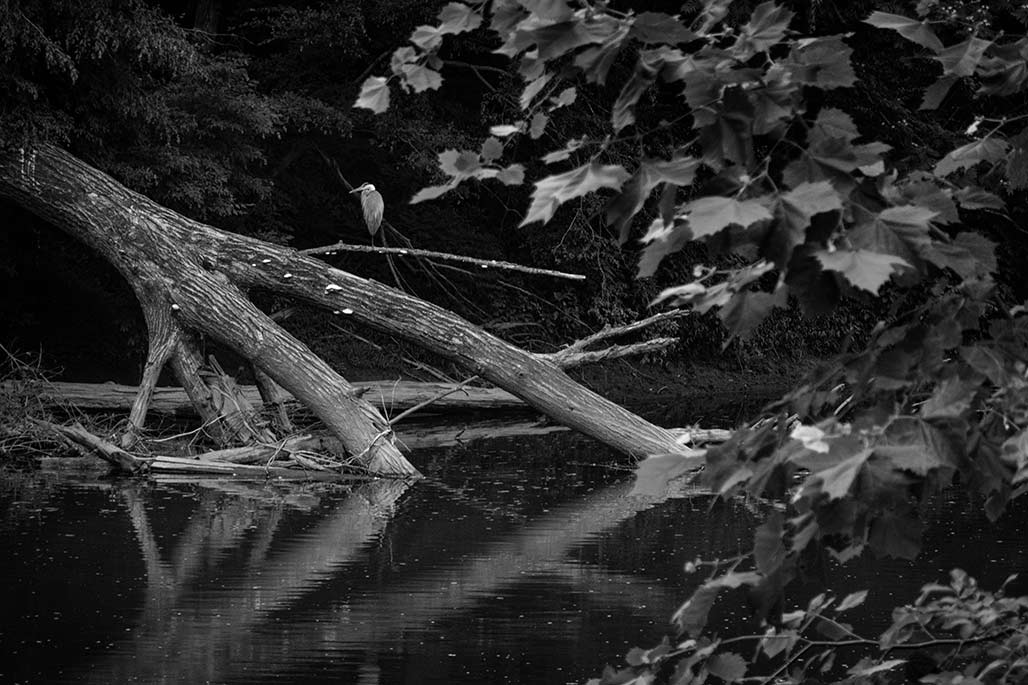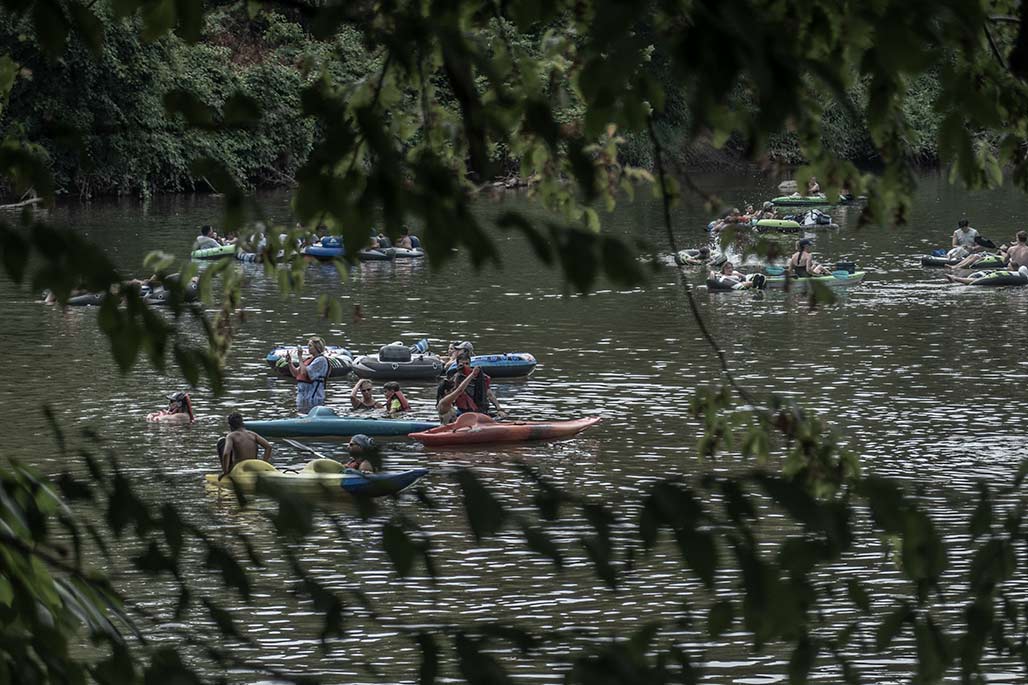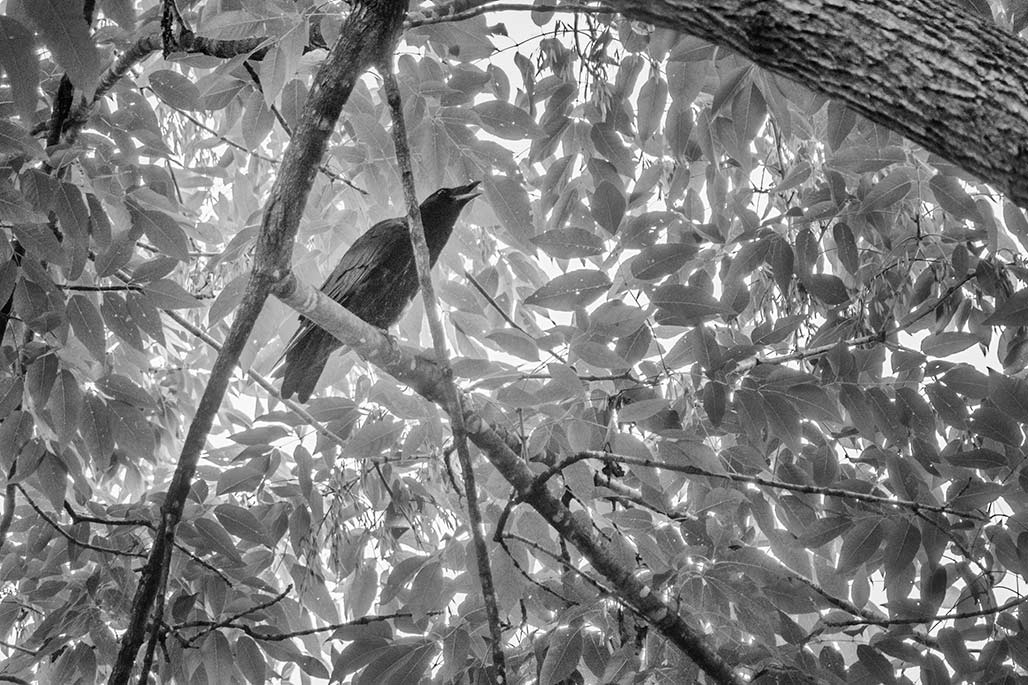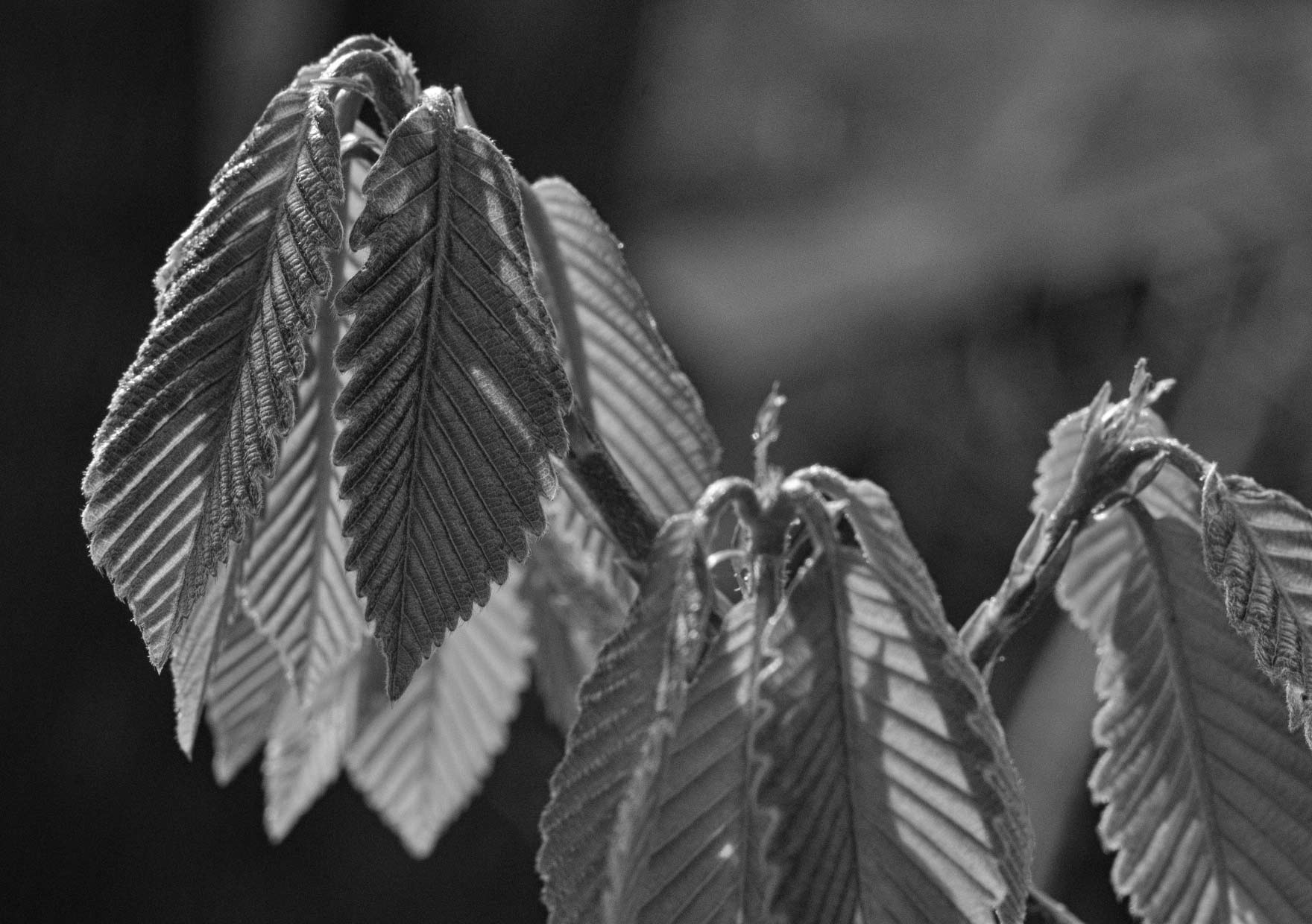What’s old is new again

Identify strategies to maximize the presence and value of the Rivanna River in the life of the City of Charlottesville
1/27/2009 Staff presents Rivanna River Corridor Plan Project Outline
Rivanna River Corridor-Charlottesville
Issue: The 3.7 mile River Corridor is an under-realized resource for the City of Charlottesville. “Identify strategies to maximize the presence and value of the Rivanna River in the life of the City.”
Outcome: River Corridor District defined for the City. Various components ready for inclusion with 2013 Comprehensive Plan—March 1, 2010 CPC Work Plan Report
Last night Charlottesville City Council approved purchasing floodplain acreage next to the Rivanna River.
Several of the Councilors and the City Manager spoke thoughtfully about the purchase.


There has been much talk about the Rivanna Corridor in the last two decades. I hope, this time, City leadership, staff and elected, will get serious. Spending five million dollars is a serious move. Other moves, like rewriting the zoning code for the acreage in the flood plain, should be undertaken post haste.




















